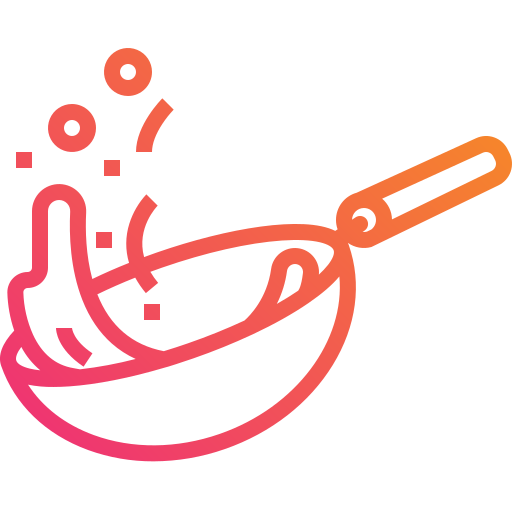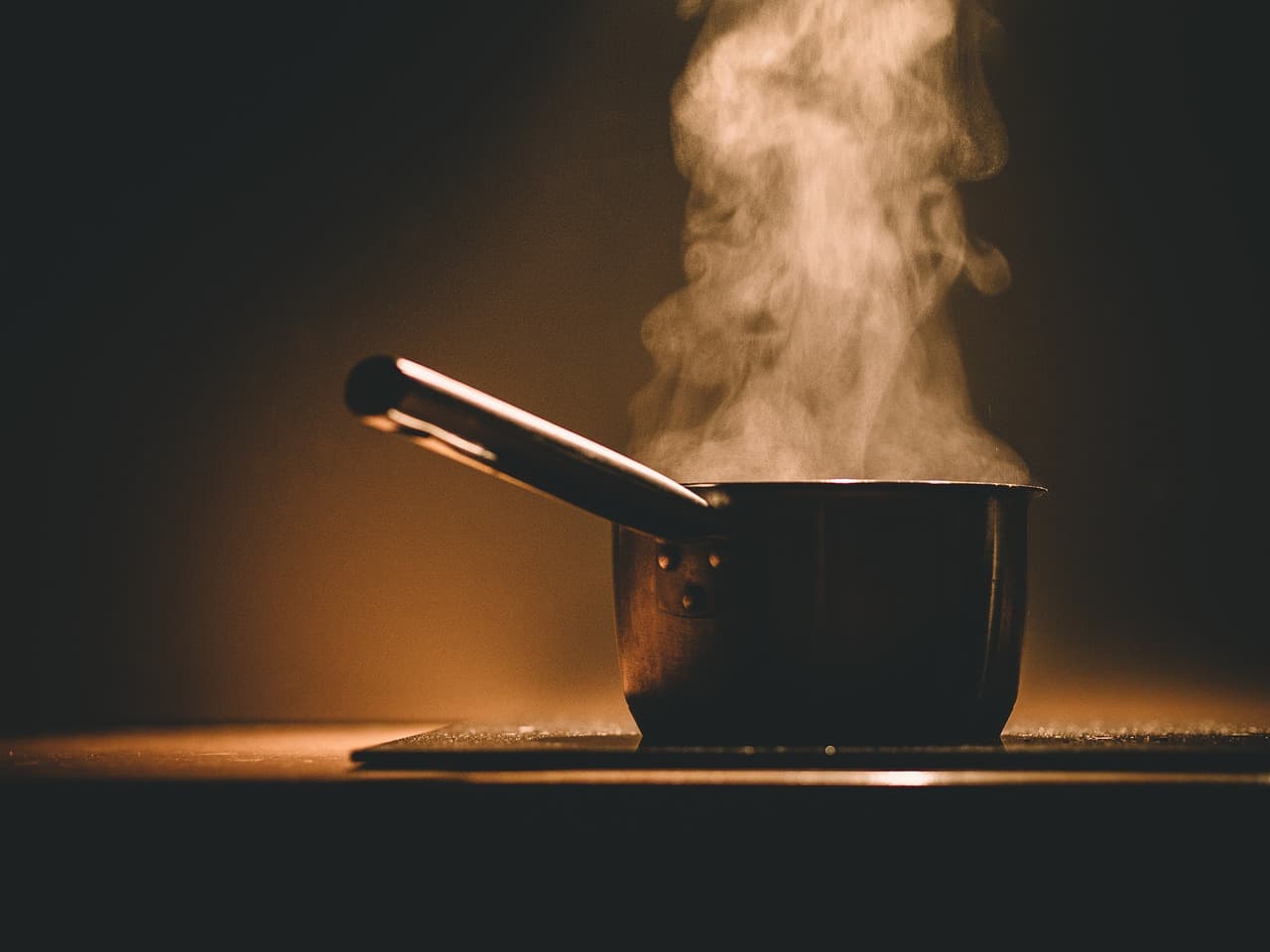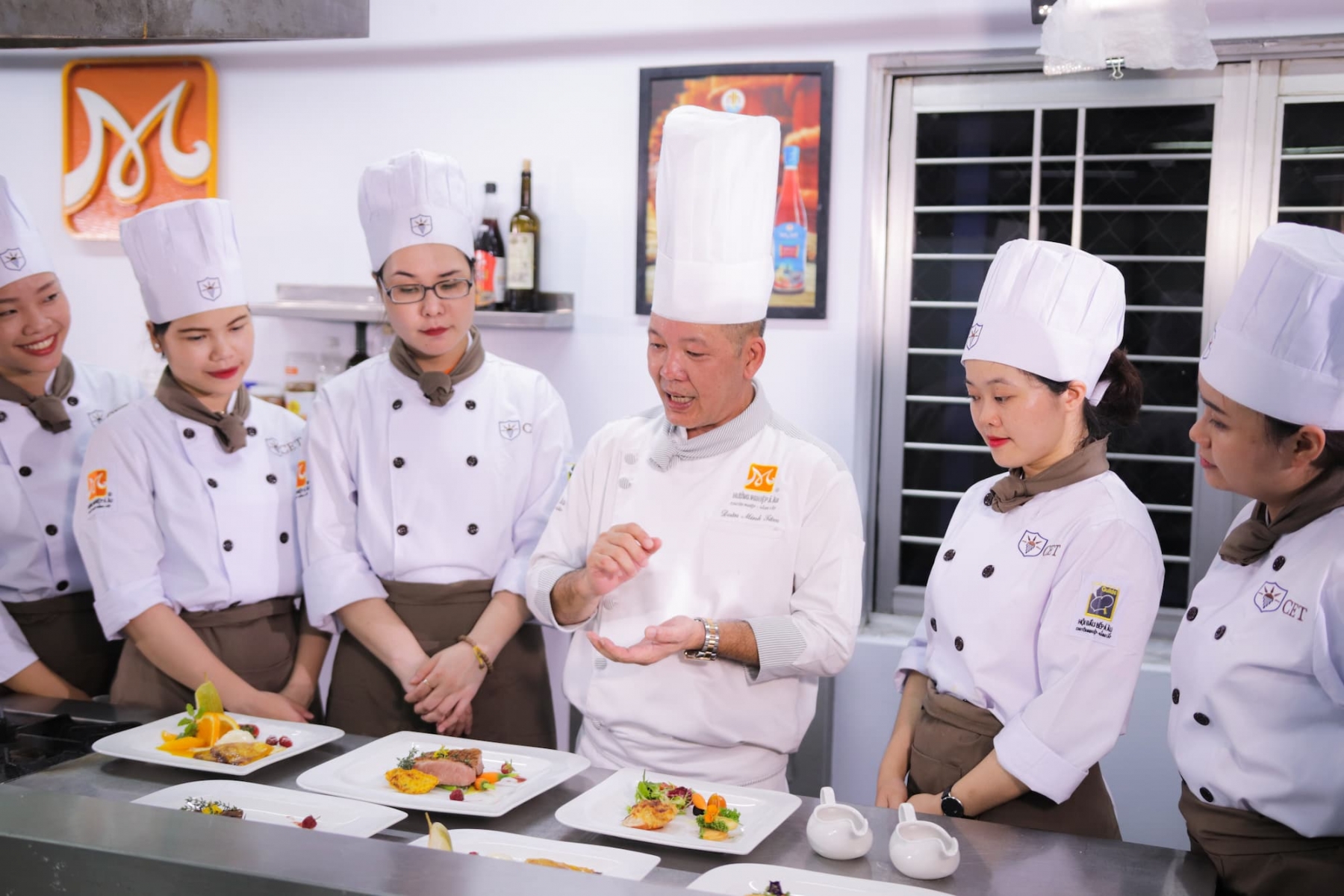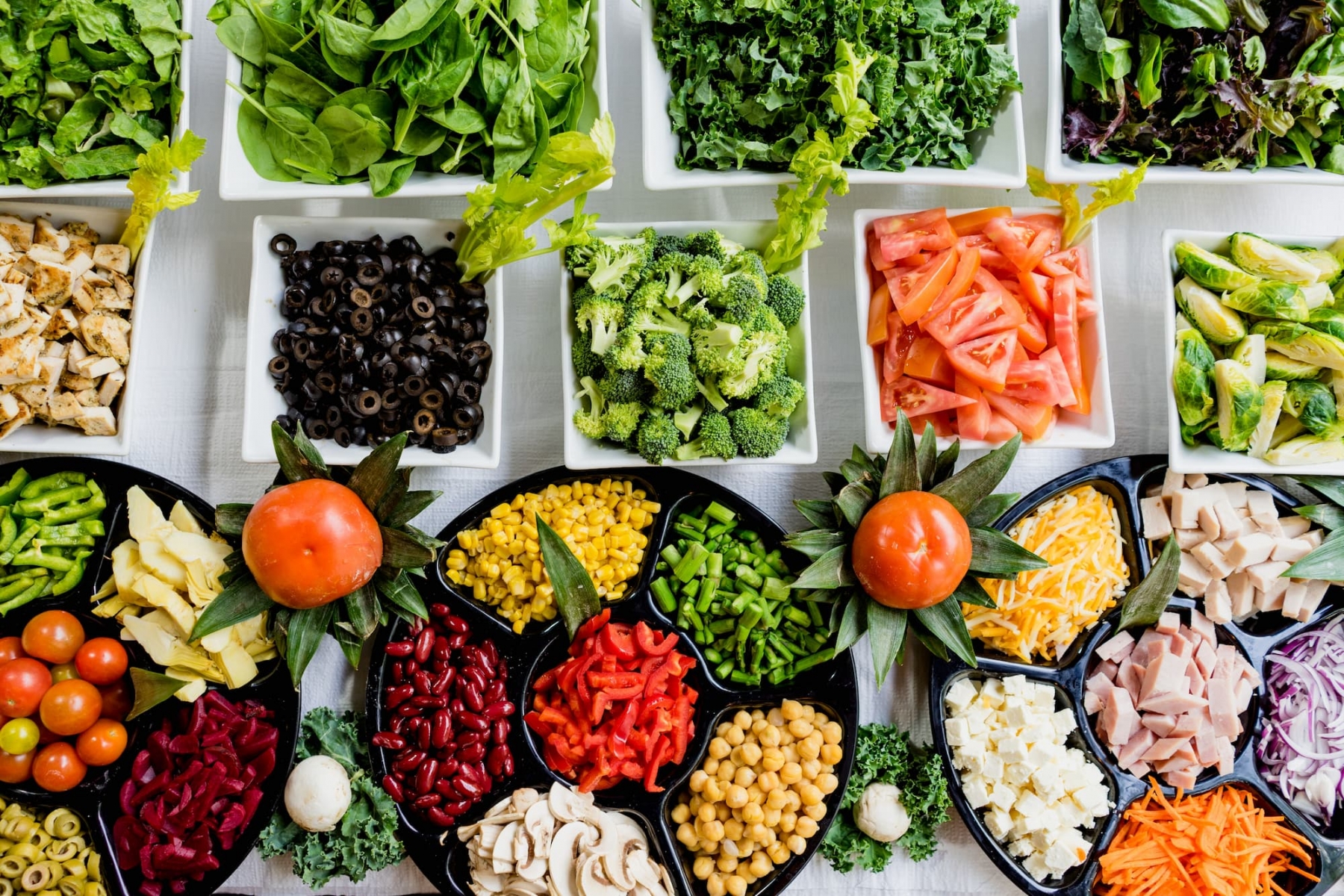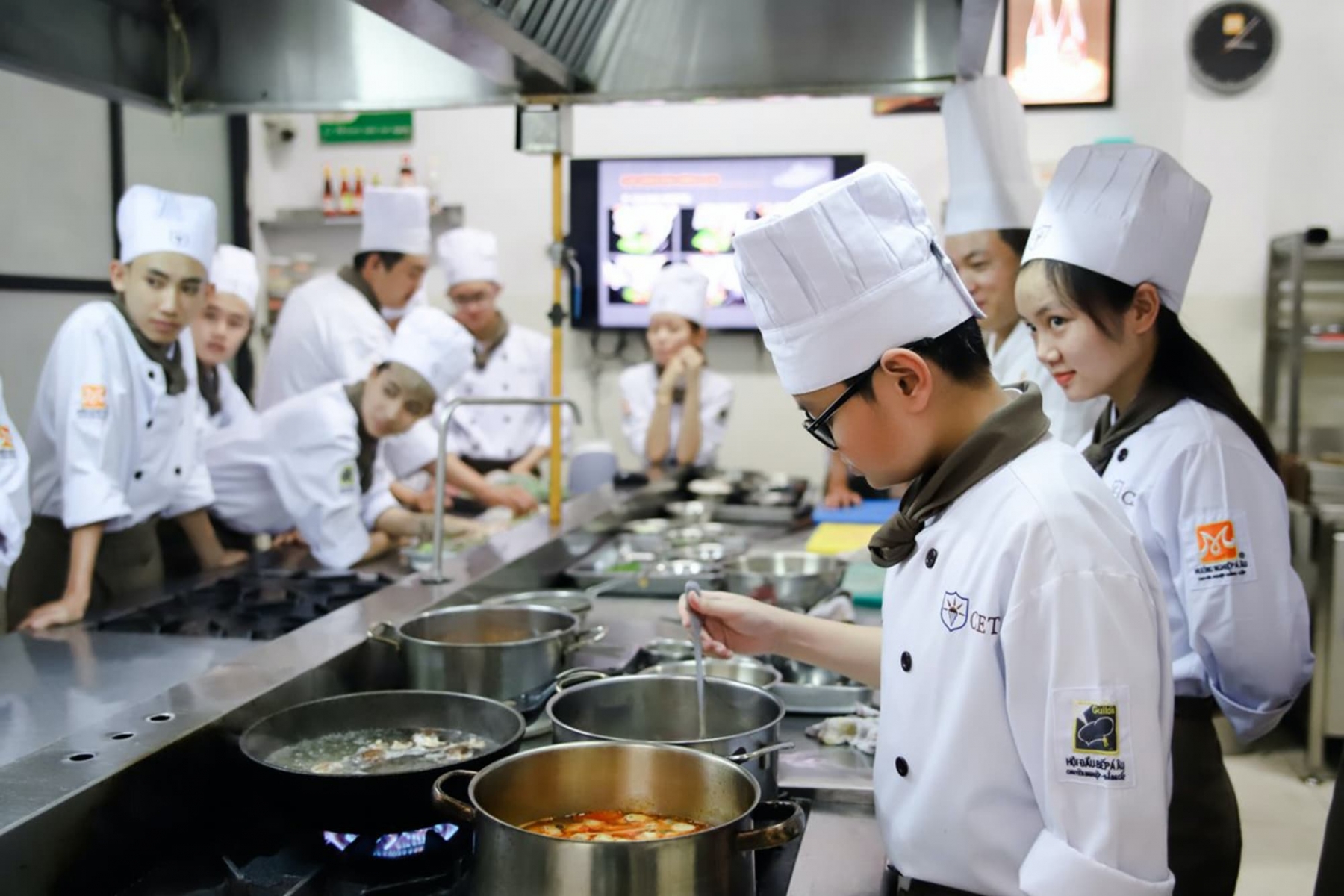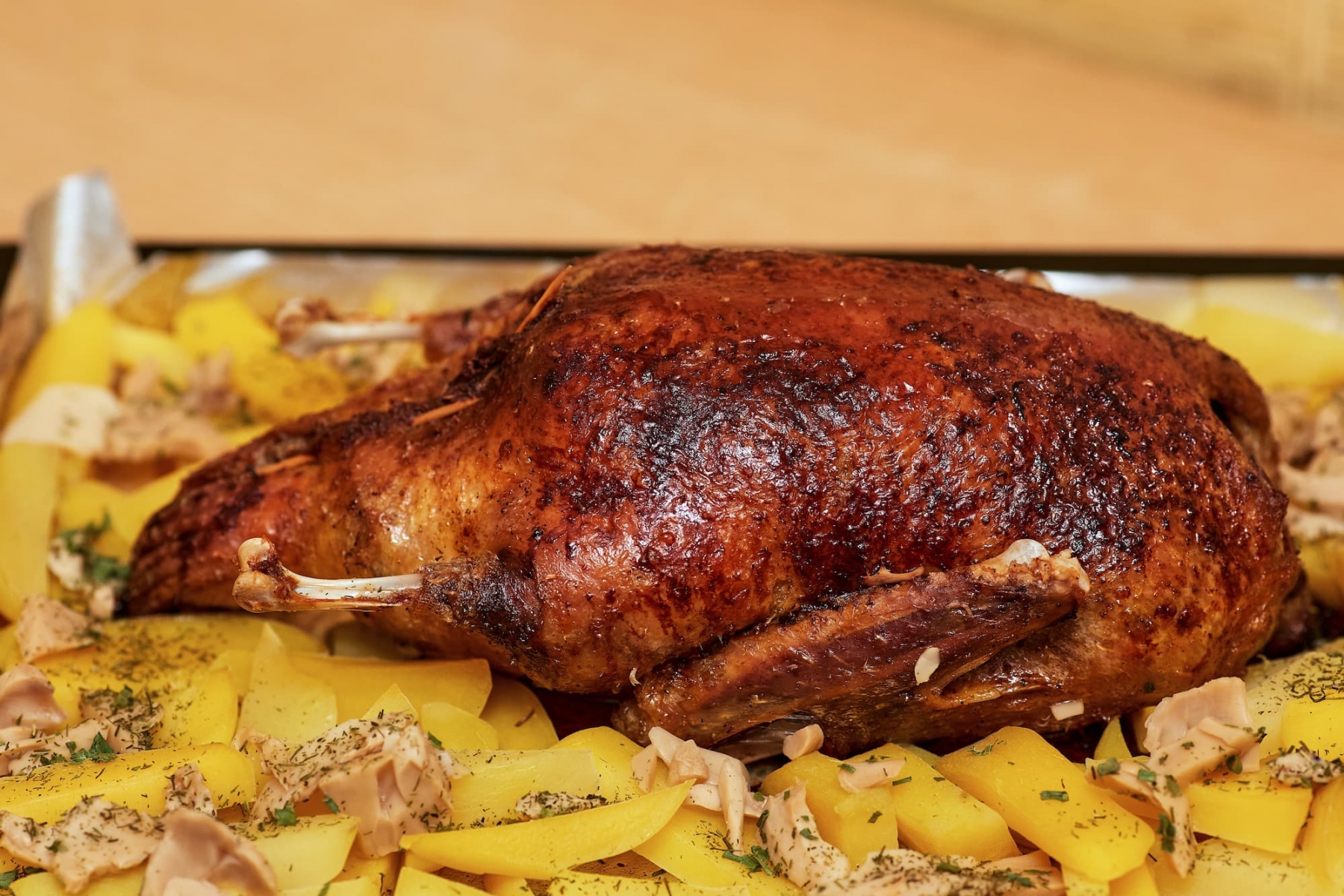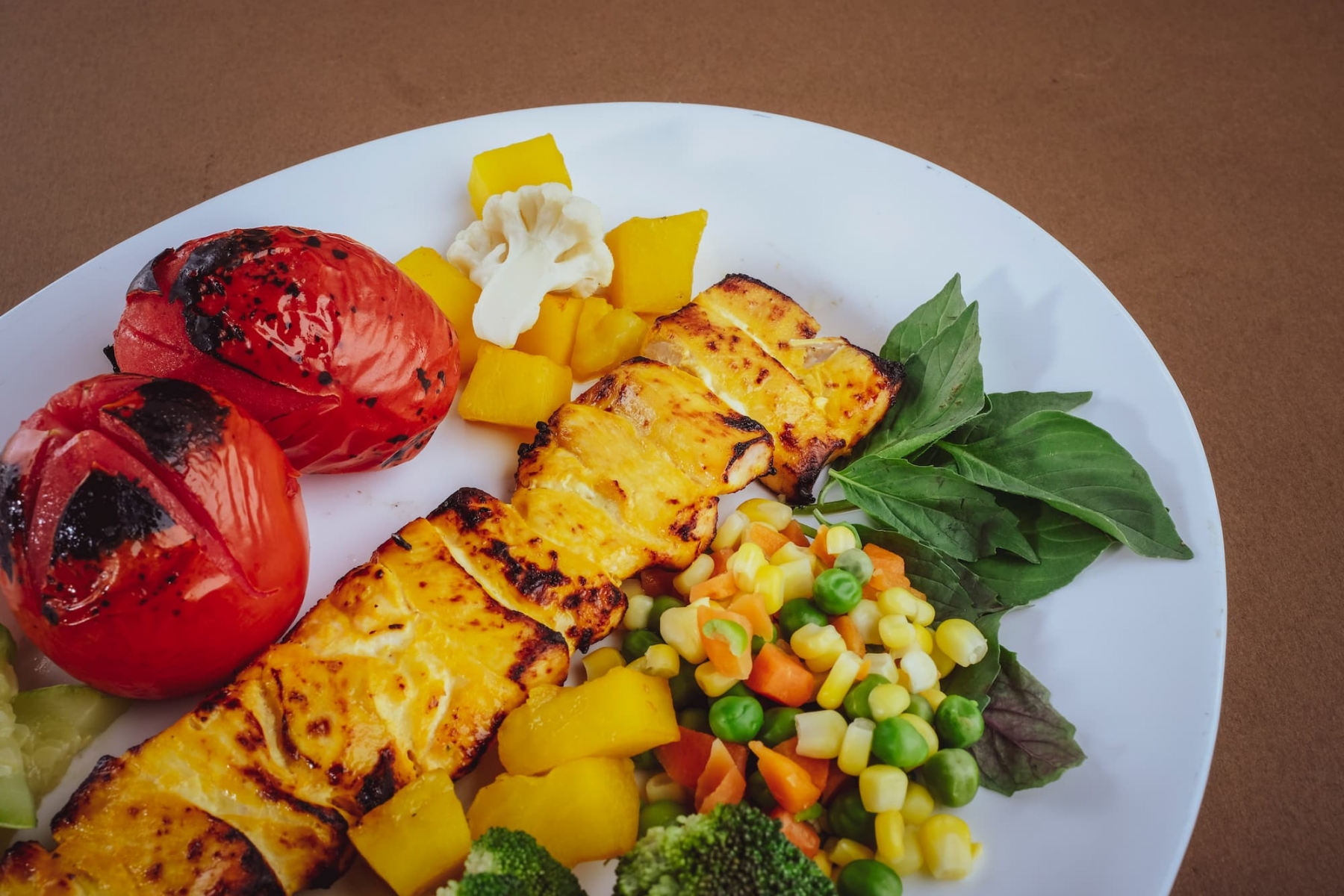We will leave behind those immemorial times when our ape-like ancestors roasted meat, cooked porridge and picked berries. This is the work of anthropologists and in the culinary sense is considered only a base.
A completely different conversation turns to the Persians, Assyrians and ancient Jews. Historians note that it was in these cultures that cooking and rather complex recipes flourished, and the magnificent decoration of the tables could surprise and confuse any foreigner. After all, even in neighboring countries, they did not bother much with food, preferring to process raw products to a minimum.
Naturally, the Greeks inherited such an exquisite attitude to food. Beauty is in everything, including in food (let’s omit, perhaps, Sparta here). The Greeks were the first to keep records of the benefits and dangers of certain foods, even taking notes about diets. Ancient Greek records provide tips for everything from buying groceries at the market to culinary secrets for chefs. Many famous personalities of that time devoted entire chapters to the description of food and drinks: Homer, Herodotus, Plutarch, Aristratus and others.
However, unlike Eastern cultures, in Ancient Greece, life and cooking lay exclusively with the woman. Among the slaves, it was difficult to find someone who knew how to cook. Basically, they only knew how to fight.
But male chefs, although rare, were still between them. One of them was a certain Mitaikos, who is listed as the author of one of the first cookbooks. He arrived in Sparta to show his cooking skills there. However, the Spartans were alien to luxury and abstruse recipes, so they sent him to travel far from themselves.
To whet the appetite, the Greeks first ate “fish broth”. Subsequently, it was replaced with lighter snacks: eggs, oysters, shells.
Doctor Lenasey tells interesting things about the ancient Greek cook’s life. In the 1st century AD, according to its castle, bakers, cooks and cellar keepers were supposed to be blameless, moderate, revitalized and to keep track of their purity.
The next well-documented milestone in the culinary arts was French cuisine. Distinguished in it at the time of Napoleon Antoine Karem. He knew the history of his business very well, especially the ancient Roman cuisine, which was famous for heavy and fatty dishes. In his notes, he pointed to the dependence of mood on food: “A writer knows how to enjoy good gastronomy. Poets love a good meal and throw out ambrosia. The gloomy philosopher pays little attention to gastronomy. “
By the way, the story of Karem himself is no less interesting. Given his passionate love for cooking, the character of the chef left much to be desired. Because of him, he had to leave the kitchen of King Henry IV, who knew little about good food, and there are still a lot of noblemen’s cuisines. He finished everyone so completely that he was discharged to Russia to Alexander I. But the St. Petersburg weather was not for the gentle Frenchman, and he left for the West Indies. There he was captured by a wild tribe, but he struck them with cooked stew and became the king of the machine.
